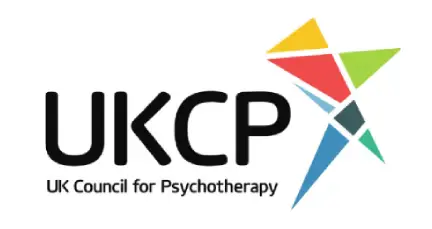Frequently Asked Questions
What is UKCP?
United Kingdom Council for Psychotherapy: see www.ukcp.org.uk The UKCP is the leading professional body for the education, training, accreditation and regulation of psychotherapists and psychotherapeutic counsellors. Its register of individual therapists is accredited by the government’s Professional Standards Authority. Membership means that the member has met the UKCP’s exacting standards and training requirements and must abide by the code of ethics and complaints procedure.
Can counselling and psychotherapy help someone with low self-esteem?
It is true to say that most of us struggle with self doubt from time to time. It is part of what it means to be human. It becomes problematic when insufficient sense of self worth or self-respect interferes with our day to day ability to function well and in our own best interests. Self esteem depends on many factors. These may include how loved we feel and have felt, our sense of belonging in our current lives and in earlier life experiences. Low self esteem can have a significant impact; for example, we may not put ourselves forward to take up new challenges or opportunities because we do not feel entitled, worthy or deserving of success. However, self esteem is not necessarily a fixed state and, through exploring some of the many factors that contribute to self esteem, it is usually possible to bring about change. Fortunately, life often gives us more than one chance and, as they say, more than one bite of the cherry.
What about bereavement?
Bereavement is the experience we go through following the death of someone we have been close to. The death can come as a shock, even if expected, and it is usually distressing and often stressful. Contrary to popular belief, a major bereavement is not something we ‘get over’. Rather we revisit it over the years, although the frequency typically lessens, and we gradually build a new life. Although death is a natural certainty of our living, how each of us reacts to a particular loss and the feelings which may arise from it may be very different and vary enormously. What may be consoling words for one person may be oversentimental for another. What may be a significant symbol for someone may be meaningless to someone else.
Of course, how we experience a death is conditioned by the relationship we had with the person who has died and the circumstances of their death. For example, when an elderly parent dies it may bring up difficult family dynamics. We may feel anger towards the person who died for leaving us bereaved and alone. When someone has committed suicide feelings such as anger, rejection, shame, fear may be especially intense. Some feelings may make us feel guilty or ashamed because we may think that they are ‘inappropriate’ or ‘wrong’. Grieving may be complicated, perhaps if the death resulted from substance use (alcohol or drug), because of the behaviour of the person who died. Even though grieving over loss is a necessary and natural process, many people lack the bereavement support they need to help alleviate the pain of mourning.
Is therapy really necessary though? Surely it is not if we have loving families and/or good friends?
That may well be true, but I would like to add that it is quite normal to gain support with therapy – it’s non-judgmental, safe and confidential. Life can be very complex for us and sometimes our friends and families are not equipped to understand us as fully as we would like. What you want to express, explore or reflect upon may affect them too on an emotional level. This can cause repercussions and possibly arguments, with you feeling not truly heard.
What is clinical supervision?
For information about clinical supervision, and my practice as a supervisor, please visit www.supervisioncornwall.co.uk
If you have any questions that this website has not addressed, you can contact me on the Contact page stating your preferred method of further communication: email or phone. I will ensure any communication between us remains confidential.


